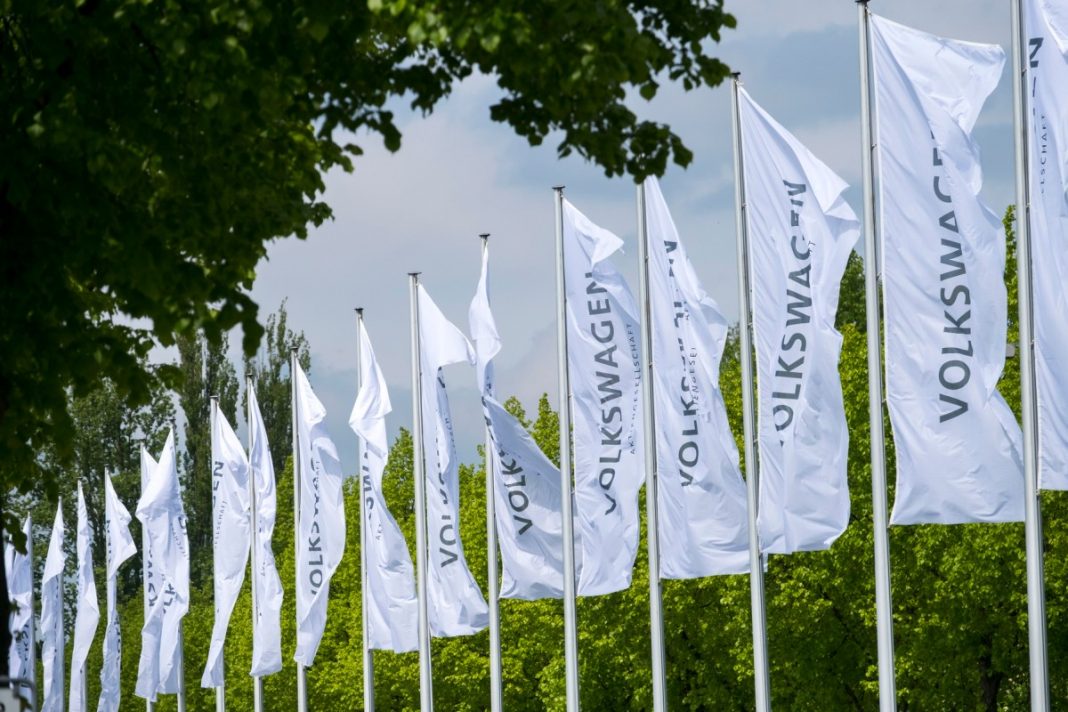
Volkswagen is accelerating the pace to automate its electric vehicles for Chinese customers. CARIAD, a wholly-owned automotive software company of the German auto behemoth, intends to set up a joint venture with Horizon Robotics, one of China’s most serious auto chip developers, the company said on Thursday.
The German automaker plans to deploy around €2.4 billion to its cooperation with Horizon Robotics, a transaction that’s expected to be completed by 2023 and is subject to regulatory approval. Following the deal, CARIAD will hold a majority stake of 60% in the JV. It wasn’t until 2020 that China moved to ease the rules that had previously barred foreign companies from owning majority stakes in local auto firms.
The tie-up comes at a time of global chip shortage and surging semiconductor costs. A handful of automakers are already moving some of their chip production in-house to counter supply chain uncertainties. China’s electric vehicle upstarts Xpeng and Nio have both assembled sizable teams to develop auto-grade chips, according to Chinese tech business publication LatePost.
The deal came just weeks after Horizon announced it had received a strategic investment from China’s state-owned automaker Chery Automobile.
Together with Horizon Robotics, Volkswagen will be working on full-stack advanced driver assistance systems and autonomous driving solutions for the Chinese market. The goal is to “drive forward the integration of numerous functions on one chip, increasing the stability of the system, saving costs, and reducing energy consumption.”
The vision is reminiscent of Nvidia’s recently announced next-generation auto-grade chip that’s designed to unify autonomous driving and in-car technologies. It’s interesting to see Volkswagen forming close ties with a Chinese startup, while Nvidia’s state-of-the-art auto chip is widely recognized as the most cutting-edge in the industry. Given the escalation of U.S. chip limits on China, it won’t be surprising that supply chain diversification is on the mind of VW executives. The question is whether Horizon can deliver something that’s up to par with its American counterpart.
In any case, having an on-the-ground partner will likely help VW create more customized solutions for the world’s largest auto market. As Ralf Brandstätter, member of the management board of Volkswagen AG for China, remarks in a statement:
“Localized technology development grants the region more autonomy to further expand its position in the dynamic automotive market. Cutting-edge technology comprising the full software and hardware stack, which the new joint venture will develop, will enable us to tailor our products and services even faster and more consistently to the needs of our Chinese customers. Teaming up with Horizon Robotics will allow Volkswagen to accelerate the development of automated driving solutions as part of our NEW AUTO strategy and drive the repositioning of our China business.”
